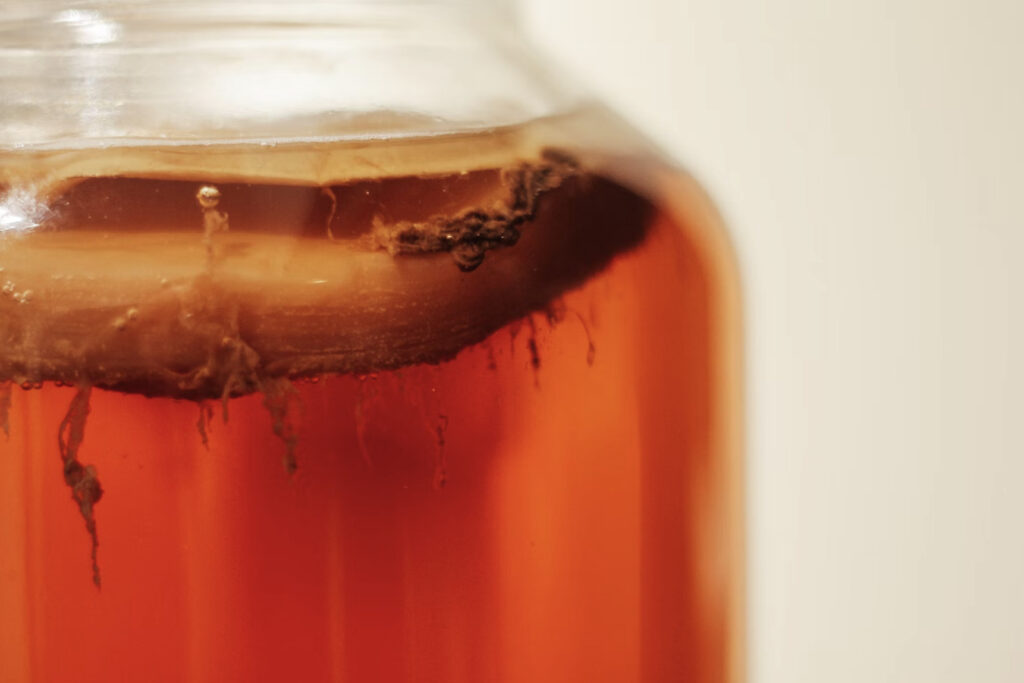Dr. Tamara Kung, ND
The National Institutes of health define brain health as, “the ability to remember, learn, play, concentrate, and maintain a clear, active mind. It’s being able to draw upon the strengths of your brain – information management, logic, judgment, perspective, and wisdom.”
Let’s face it, our minds are invaluable. When asking my patients what their health goals look like when they’re in their 80’s and beyond, number one is to have a clear, working mind, and sound mental health.
What often missed is that our brains respond to food! Our brains evolved in the context of a food environment that was nutrient rich, full of antioxidants, omega 3’s, and an abundance of vitamins and minerals for brain development, healing, and growth. It was thought that once we reached adulthood, our brains remain pretty inert. We now know, however, that our brains continue to grow, heal, and form new connections (aka neuroplasticity). Food and exercise have a big role to play in this.
The best foods for a healthy brain incorporate herbs and spices, fermented foods, green leafy vegetables, vegetables (especially dark purple, red and orange coloured), nuts, beans, and healthy fats. These are what brains need to thrive and remain protected from cognitive decline.
The modern diet typically includes ultra processed foods (more than 5 ingredients listed, and plenty of added sugars), little fiber, and too much unhealthy fat. This diet contributes to many cognitive disorders ranging from ADHD, bipolar, depression, anxiety, dementia (Alzheimer’s is nicknamed type 3 diabetes), and increased stress perception.
So here is our case for more real foods, and, specifically, these three areas to focus on.
Spice it Up
Let’s start with the heaviest hitter when it comes to the most antioxidant per calorie group – your herbs and spices! High antioxidant density means we protect our brain from getting damaged as antioxidants put out the fires of inflammation. Studies have shown that taking spices daily can help lower anxiety and depression.
Spices like turmeric are great to incorporate into your cooking (if using turmeric, always add black pepper, as that helps you absorb the antioxidants 2000 x’s better!). For breakfast, adding spices like cinnamon and nutmeg are a great addition. Lunch and dinner can include Italian blends, cumin, paprika, etc. as a great way to bump up the flavour and antioxidant level of your dishes. Also keep spices like basil, oregano, mint, saffron, out on your dining table, so you can top off each meal with even more!
The O.G. of Probiotics
The word probiotic just means healthy bacteria. Fermented foods are the original ways we incorporated healthy bacteria into our gut. While they are not often part of daily Western diets, across the world, this is a necessary staple. The science on how our internal bacteria, the microbiome, impact our health is coming out loud and clear. A healthy microbiome means a healthy you! 90% of our serotonin, 50% of dopamine are produced in our gut, and 70% of our immune system is linked with these friendly microbes as well.
Incorporating more fermented foods on a regular basis has been shown to lower anxiety, depression, and improve stress resilience. Additional bonus are gut healing properties as well. Speak with your neighborhood naturopath or doctor on the pace of introducing fermented foods that work best for you.
Probiotics can decrease anxiety and our perception of stress and increase the level of omega-3 in our body and brain. But probiotics pills are often like a tourist bus that passes through our system and can stimulate the economy here and there, but once it leaves, its effects are gone.
This is why fermented foods are a win-win. They contain the probiotic (the bacteria), plus the fiber to feed the bacteria so that it can be self-sustaining! Examples of fermented foods include kimchi, sauerkraut, kefir, miso, and tempeh.
Healthy Fats: Omega-3
Studies show that including this essential fat in our meals can increase positive outlook on life and reduce depression. Omega 3 fatty acids are what our brains need to maintain its neural connections, and to form and reorganize new connections. Our bodies don’t produce these, which is why countries with diets rich in omega-3 have lower rates of depression.
Treating your brain right isn’t that hard, but if you are finding your habits lacking in the above areas, start small and keep it simple. Slowly but surely, you can feed your brain more of the foods it loves.

